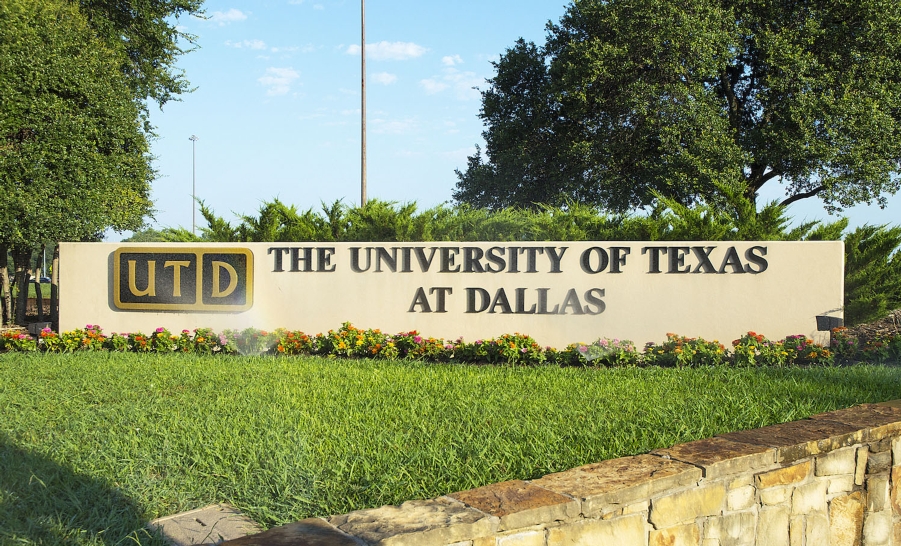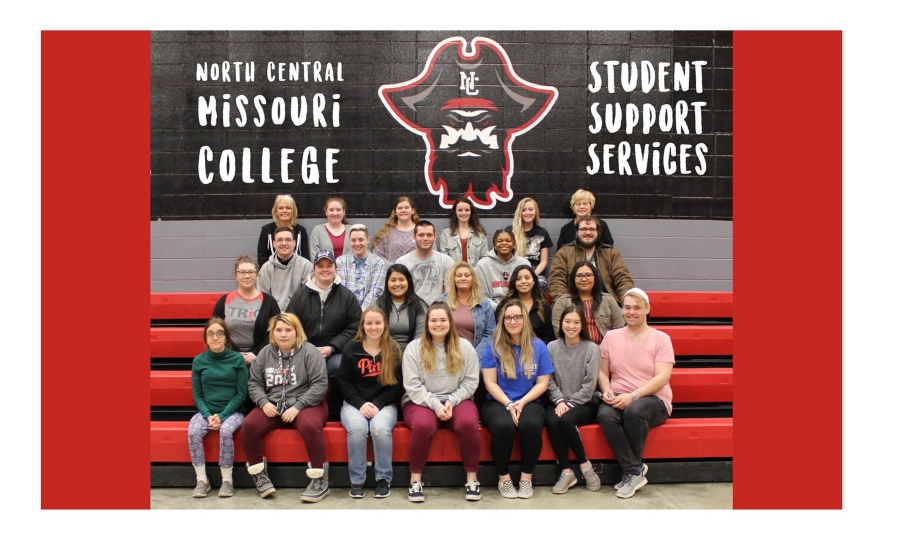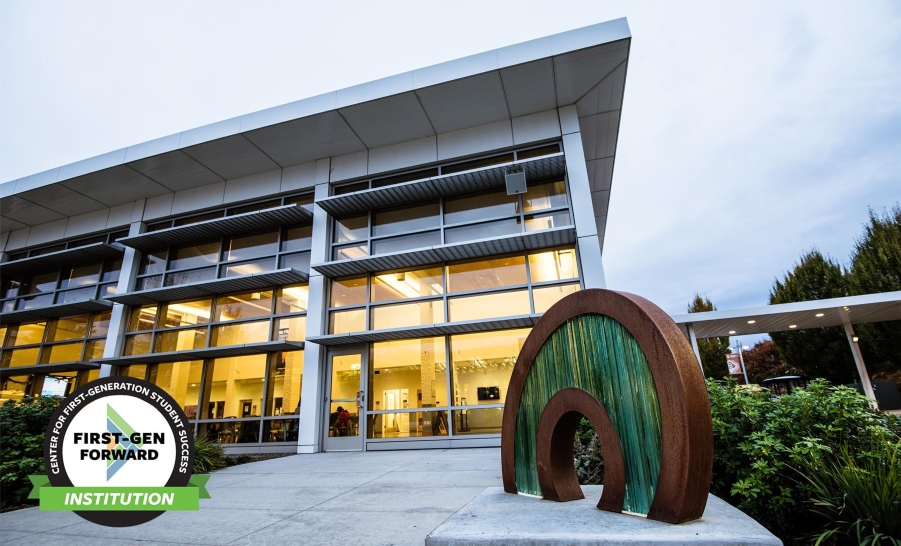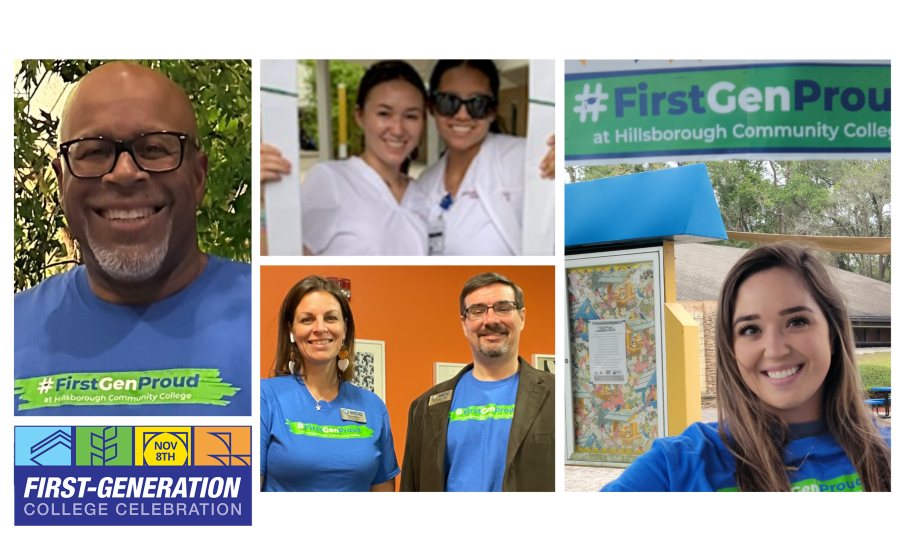Reflecting on our First-generation Culture on Campus
Maritza Machado-Williams, Ph.D., University of Nevada, Reno / FirstGen Forward / September 02, 2020
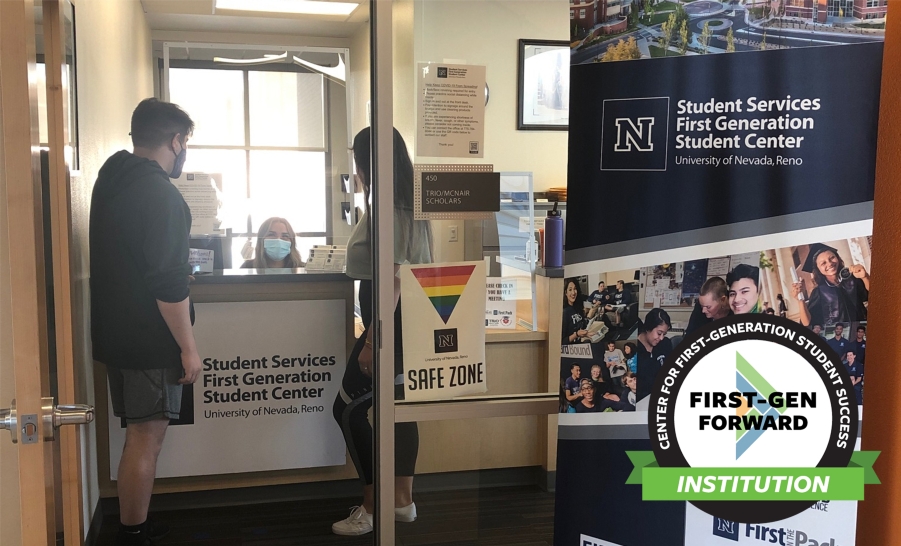
“My mom wants me to get a degree, and I do too, but I don’t think I can. Nobody in my family has.”
“I need more time to study for my classes, but I cannot quit my job. I need to help my family.”
“My daughter just enrolled in your college. I wonder if you can keep an eye on her.”
- First-generation students and parents
The University of Nevada, Reno (UNR) has an undeniably long tradition of fostering a first-generation culture on campus. This tradition is led by the university’s priority to promote the recruitment, retention, and graduation of underserved students. Further, UNR is at the forefront of addressing the unique challenges faced by this growing population by recognizing the critical necessity to address those needs, conducting scholarly research to identify and offer ideas of strategic relevance, and allocating resources to meet the growing demand for services.
Over the years, UNR has designed multiple initiatives to serve an increasing population of first-generation students, which, depending on the definition applied (e.g., parents have attended college vs. completed college), has remained around 23% of our enrollment. No matter which definition one uses, many student services practitioners had already recognized A. Smith’s (2015) assertion in “Who’s in First (Generation)?” that regardless of the definition used by any institution of higher education, first-generation students enroll and graduate at lower rates than other students.
The university, then, created several initiatives designed to address those needs, assembling assets from multiple sources. Some of these initiatives used internal resources (Dean’s Future Scholars administered by the College of Education and Nevada First In The Pack under the Students Services division are good examples) while others reflected the university’s concerted action of finding external support as the springboard to further develop and maximize the benefits of university resources.
Federally funded programs like the first Upward Bound grant and Student Support Services have provided services to pre-college and UNR students for more than fifty years. Further, UNR pursued other externally funded programs with similar missions such as GEAR UP, two additional Upward Bound programs, Upward Bound Math and Science, and the newly created TRIO STEM program.
In 2019, the university with the support of the Associated Students of the University of Nevada, changed the name of the Academic and Opportunity Support Programs to the Student Services’ First-Generation Student Center. The new name, unveiled on November 8th, during UNR’s “First-Generation College Celebration Day,” underscores the long university tradition of encouraging and embracing diversity beyond access and will facilitate the connection beyond the students currently served. It is also our hope that the new name will offer more visibility to the programs the Center houses and that incoming and current first-generation students will find a place on campus that gathers resources, peers, and personnel. As Tym et al. (2004) asserted, reaching “out to first-generation students both before and during college can help mitigate the differences between first-generation and non-first-generation students and can help colleges reach their goal of recruiting and retaining all students.”
For more information on The University of Nevada, Reno's approach, please visit their website here.
References
Smith, A. A. (2015, November 10). Who’s in First (Generation)?. Inside Higher Ed. https://www.insidehighered.com/news/2015/11/10/who-are-first-generation-students-and-how-do-they-fare
Tym, C., McMillion, R., Barone, S., & Webster, J. (2004). First-Generation College Students: A Literature Review. Texas Guaranteed Student Loan Corporation Research and Analytical Services. Retrieved September 9, 2020, from:www.trelliscompany.org/research
